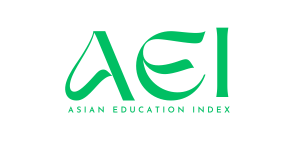The Effect of Active and Inactive Words in Use on the Speech Process
Keywords:
euphemism, taboo, dysphemism, vulgarism, barbarism, slang, dialect, speech culture.Abstract
In this article, active and inactive words used in the use of the Uzbek language, including euphemisms that have a positive effect on our speech, taboos or dysphemisms that have a negative effect, vulgarisms, barbarisms, have been discussed.
References
Бегматов Э., Маматов А. Адабий норма назарияси, адабий норма типлари. 2- қисм, Тошкент, 2018.
Йўлдошев Б. Бадиий нутқ стилистикаси. Самарқанд, 2012. 3.А. Нурмонов, А. Собиров, Ш. Юсупова. Ҳозирги ўзбек адабий тили – Т.: Илм-зиё нашриёти, 2010-йил.
Р. Сайфуллайева, Б. Менглиев, Г. Боқиева, М. Абзалова. Ҳозирги ўзбек адабий тили, Т.: Ғафур Ғулом нашриёти, 2006-йил.
Downloads
Published
Issue
Section
License

This work is licensed under a Creative Commons Attribution-NonCommercial-NoDerivatives 4.0 International License.










